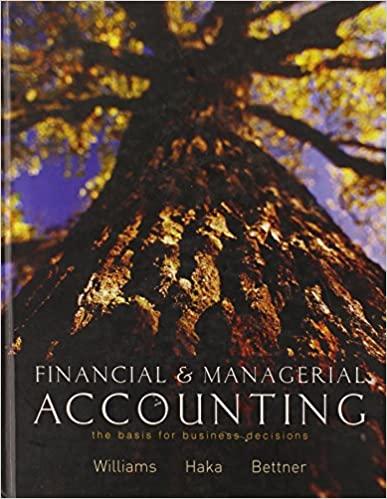Question
Sally skipped a few years in high school as she was always the smartest in the class. Everyone knew she would be successful, and her
Sally skipped a few years in high school as she was always the smartest in the class. Everyone knew she would be successful, and her friends were excited for her when they found out that she would be making an offer on a condo. She was waiting for the bank to get back to her as she just submitted her application for a mortgage. Her gross annual income is $100,000 and has been the same for the last 3 years due to the salary freeze at her company. The property that she is looking to purchase would result in monthly heating costs of $275, condo fees of $1,775 per year, while her annual property taxes would be $3,750. Her only debt is a car loan of $950 per month.
- Calculate Sallys monthly mortgage payment if her Total Debt Service (TDS) ratio is 39%?
- Sally is looking to put the maximum down payment on the condo as she wants a conventional mortgage. If the bank accepts her ratios, and approves her for a mortgage, she is looking to make an offer of $200,000 on the condo. Calculate her down payment.
- Sally made a Registered Retirement Saving Plan (RRSP) contribution in January 2020 to claim as a deduction on her 2019 personal income tax return. She knew how much to contribute based on her Canada Revenue Agency (CRA) Notice of Assessment, which shows her the RRSP deduction limit (i.e. how much she can contribute). Sally does not have any RRSP carry-forward amount as she always maximizes her annual contribution. Rather than rely on her Notice of Assessment from the government, she would like to know how to calculate the contribution amount and has asked you for your help. Show Sally how you would calculate her 2019 RRSP contribution. Also, show her how you calculate her expected refund from making this RRSP contribution based on her marginal tax rate. She is very excited to know this information as she just filed her tax returns before the revised deadline and is expecting a refund shortly. (Ignore Non-Refundable Tax Credits) (see Tables A, D)
- Sally just turned 23 years old on October 1, 2020. She has never made any Tax-Free Savings Account (TFSA) contributions to date. If the bank does not approve her mortgage, she will maximize her TFSA contributions by using funds that she had earmarked for the down payment. What is the maximum amount that she could put in her TFSA (including carry-forward amounts)? (see Table C)
Step by Step Solution
There are 3 Steps involved in it
Step: 1

Get Instant Access to Expert-Tailored Solutions
See step-by-step solutions with expert insights and AI powered tools for academic success
Step: 2

Step: 3

Ace Your Homework with AI
Get the answers you need in no time with our AI-driven, step-by-step assistance
Get Started


